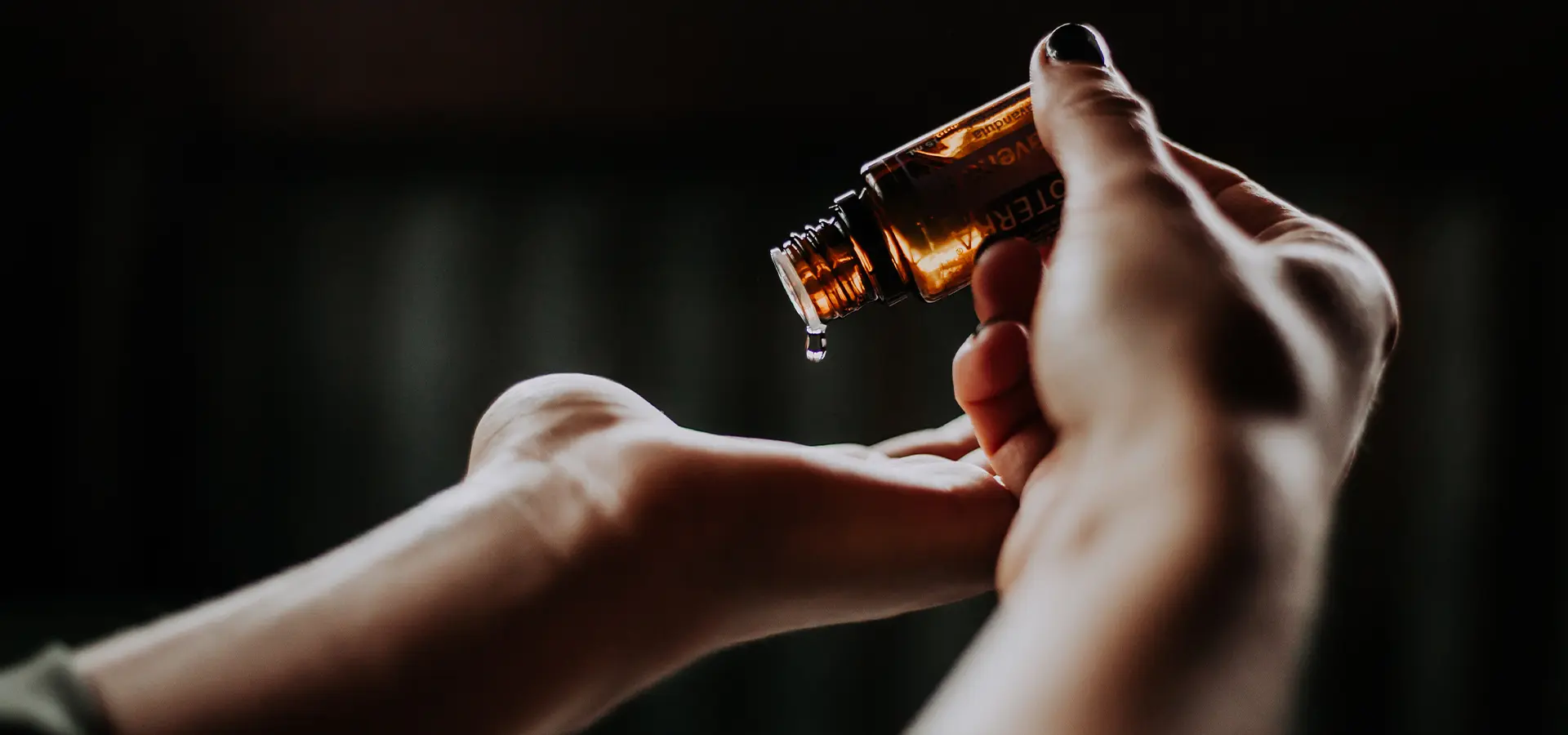Improving Quality of Life Post-ICU: The Physical Therapist’s Perspective
The journey to recovery for patients who have spent time in the Intensive Care Unit (ICU) involves not just physical healing, but also a significant focus on improving overall quality of life. At HolistiCare Physical Therapy, our physical therapists bring a unique perspective and expertise to this process, aligning with the latest research, including the study by Arias-Fernández et al. (2018), which underscores the importance of physical therapy in enhancing the life quality of post-ICU patients.
Challenges in Post-ICU Recovery
Recovery from an ICU stay can be a long, challenging process. Patients often face physical, cognitive, and emotional difficulties that can persist long after they leave the hospital. Physical therapists play a crucial role in addressing these challenges, working to restore function, independence, and overall well-being.
Physical Therapy’s Role in Enhancing Life Quality
Physical therapy interventions in the post-ICU phase are focused not just on physical recovery but also on improving the patient’s overall quality of life. This involves:
- Individualized Rehabilitation Plans: Tailored to address specific physical deficits and functional goals.
- Holistic Approach: Considering the emotional and psychological needs of patients in tandem with physical rehabilitation.
- Cognitive and Emotional Support: Incorporating strategies to address cognitive impairments and emotional well-being.
Functional Mobility and Independence
One of the primary goals of physical therapy post-ICU is to enhance functional mobility and independence. This includes training in basic activities of daily living, mobility exercises, and strength building, all of which are vital to improving the patient’s quality of life.
Evidence-Based Interventions
Following evidence-based practices, as highlighted by Arias-Fernández et al. (2018), our physical therapists use interventions that have been proven effective in improving post-ICU patients’ quality of life. This includes exercises to improve physical function, breathing techniques, and mobility training.
Patient and Family Education
Educating patients and their families about the recovery process is an integral part of therapy. It helps set realistic expectations, encourages participation in the rehabilitation process, and supports a smoother transition from hospital to home.
Conclusion
The role of physical therapy in improving the quality of life for post-ICU patients is multifaceted and crucial. At HolistiCare Physical Therapy, our therapists are committed to helping patients regain their strength, functionality, and independence, contributing significantly to their overall quality of life post-ICU.
Reference
Arias-Fernández, P., Romero-Martin, M., Gómez-Salgado, J., & Fernández-García, D. (2018). Rehabilitation and early mobilization in the critical patient: systematic review. Journal of physical therapy science, 30(9), 1193–1201. https://doi.org/10.1589/jpts.30.1193


